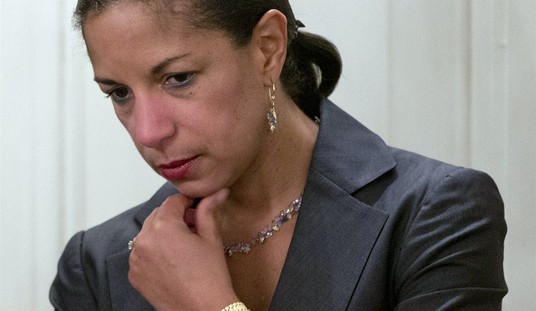By JP Conte
For twenty years, the United States has been fighting an economic war with China with one hand tied behind our backs. From cheap labor and forgeries to deceptive tactics and blatantly violating trade and IP agreements, China has attempted to undercut American and European manufacturing and production at every turn. Look no further than recent headlines about how Chinese AI “prodigy” DeepSeek likely illegally obtained advanced computing chips and stole from American AI companies to see how our arch rival likes to compete. They play dirty, and now, President Trump has made clear they’re going to pay a price.
As a businessman, I have seen this firsthand – American companies try to do business in good faith, creating good jobs in China, only to watch our technology and products walk out the back door in Chinese operations for them to exploit their own market alone. Now, years of China’s abusive tactics are coming home to roost in the form of American tariffs that will finally level the playing field. The end result, of which China should truly fear, however, is not the financial impacts of the tariffs – but the will of its own people, who recognize they deserve better than the failed promises communism has made to them over the years.
China has a history of these uprisings: the Cultural Revolution (1966-1976), Tiananmen Square, and, more recently, the Tibetan protests and the 2019 Hong Kong protests showcase rising political tensions.
RELATED: China Losing It Over 'Extremely Shameless' Tariff War With Trump: 'Peasants in the US Will Suffer!'
Shark Tank's Kevin O'Leary Sinks His Teeth Into China on Tariffs, T-Bills
It would be easy to blame any fallout China faces in the coming years on the newly instituted American tariffs, but that’s not the real story. While these external factors that are finally creating a fairer game will undoubtedly present some hurdles, Beijing would be wise to look inward. Over the past few decades, millions of Chinese have been lifted out of poverty through a remarkable run of economic growth. This progress, however, has also ignited a powerful engine of expectation. A burgeoning middle class, increasingly aware of global living standards and empowered by digital connectivity, now demands more than just subsistence. They want health care, a good education for their kids (maybe even the ability to have as many children as they choose for their family), and a better, more secure economic future for their family’s future generations.
Take the Southern China province of Guangdong, long known as the “world’s factory.” A worker there, who has put food on his table and now no longer can because of reduced export orders, doesn’t care about tariff policy – he cares about paying his rent, buying food for his family, and putting his kids through school so they don’t have to toil away in the same factory life. Now multiply this scenario across numerous industries and regions, add to it the drive for rural Chinese to migrate into the cities for a chance at this factory life, and you have the seeds of real discontent.
The Chinese government knows this, and they’re working overtime to stop it. I have seen this firsthand: On a visit touring factories in Guangdong in 2005, the local TV news was filled with images of the Chinese military in rural areas holding back peasants from emigrating to the urban areas using guns and force (American TV networks never show these images to our U.S. audience). This heavy emphasis on maintaining social stability, through well-worn tactics of censorship and surveillance, has thus far kept a lid on dissent. But these new tariffs are likely to put the Chinese populace to a breaking point. Poor rural workers, and those factory workers who end up out of a job as a result, will look for somewhere to blame. And their blame won’t be on Americans, it will stop at their government’s front door.
The biggest threat to China’s future isn’t U.S. tariffs, it’s the will of its own people to stand up and demand better.
Jean-Pierre Conte is an American businessman, philanthropist, and policy advocate.












Join the conversation as a VIP Member